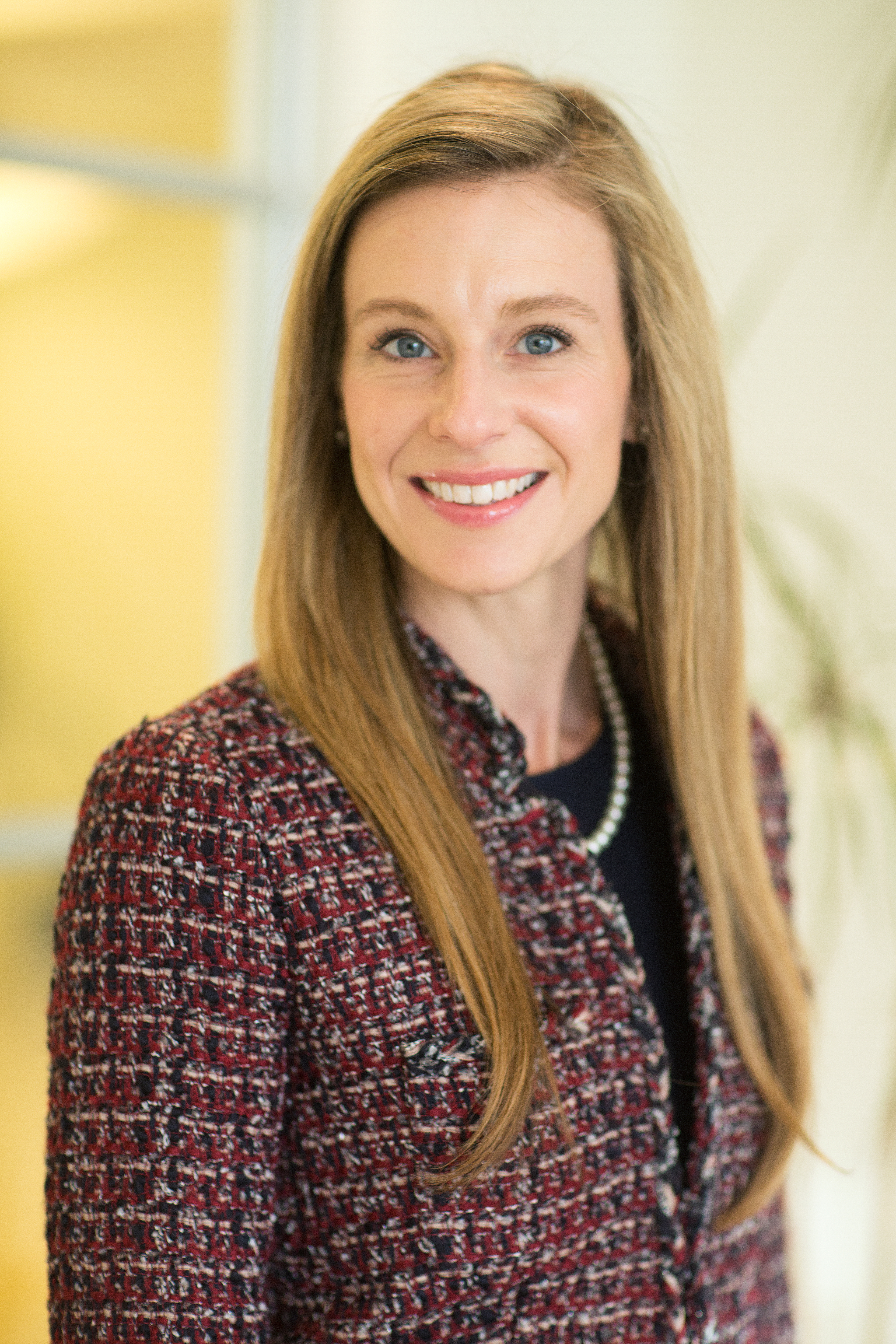Donor Advised Funds: 5 Things You Need to Know
Often referred to as a “charitable investment account” or “giving account,” a donor advised fund (DAF) is an account set up at a public charity that offers ease and flexibility to donors. It is a simple tool that can be used to help a charitably inclined individual or family reduce their tax burden especially in a year where there is a windfall of income and help facilitate charitable distributions.
Here are 5 things you need to know about donor advised funds:
- Reduce tax burden in a high income year
A DAF allows a donor to make an irrevocable charitable contribution in one single year to take advantage of certain tax deductions. The funds out of the DAF can be distributed to further charities in that same year or in future years while the tax deduction is taken in the year of the donation to the DAF. This affords the donor time to determine the charity or charities that will ultimately receive the funds.
Some common reasons for an influx of income could be anything from selling a family business to an employee receiving a large bonus or an attorney winning a large settlement on a case.
- Your charitable contribution can grow
As the donor determines which charities to distribute funds to, the assets in the DAF have the opportunity to grow in value as the funds can be invested in any number of mutual funds, stocks and bonds. This helps to enhance the donor’s giving impact. Additionally, since the DAF is an account at a public charity, the assets in the DAF grow tax free.
- Flexibility in contributing and giving
Many forms of asset types can be accepted as a donation to a DAF. Assets such as:
- Cash
- Publicly traded securities including stocks, bonds, mutual funds and hedge fund interests
- Restricted and controlled stock
- Real estate
- LLC and limited partnership interests
- Proceeds from life insurance or from fully paid up policy
- IRA, 401(k) or other retirement accounts
- Cryptocurrency such as Bitcoin
- Private foundation grants and terminations
- Bequests and testamentary gifts
The most common types of contributions are appreciated securities (a stock with a low cost basis or purchase price relative to the current value) that have been owned for more than one year. By contributing highly appreciated securities, the donor avoids capital gains tax on the securities and generally can deduct the total fair market value of the contribution from federal income taxes up to 30% of adjusted gross income.
After making the initial contribution to the DAF, the donor has the flexibility to determine the timing and the amount to distribute out of the DAF to a charity or non-profit of choice. At this time, there are no minimum distribution requirements. For example, this year the donor may choose to make many distributions out of the DAF while next year the donor may choose to make no distributions. In comparison, a private foundation is required to distribute five percent of the value of the fund each year.
- Research charities and make grants
Many financial institutions such as Fidelity, Schwab and BNY Mellon offer Donor Advised Funds through their charitable arm. Pershing LLC, an affiliate of BNY Mellon, is custodian for many of Telemus' clients' assets. One benefit of these institutions is the resources they provide to donors for researching charities and the ease at which the donor can make grants. Through the DAF account platform the donor can log in and filter and sort charities or browse grant opportunities based on many factors such as cause or location. This assists the donor in making informed thoughtful grant making decisions.
- Consistency in advice and planning
The donor can choose to have their current financial advisor manage the investments within the DAF so that the proper securities are selected, keeping it in line with the donor’s risk tolerance and goals. The advisor will continue to review and supervise the account and make investment adjustments when necessary so that the DAF to remains aligned with the donor’s ultimate goals. This way the DAF is included in the donor’s overall holistic management of their wealth. Finally, the DAF does not end when the donor passes. The donor can name a successor advisor or advisors so that the giving legacy can continue after the donor’s life. This is a great opportunity to include and engage the donor’s other family members or children in the charitable giving process.
A donor advised fund is an easy planning tool for an individual or family who has charitable goals and experiences a high income year with a large tax bill. A contribution to a donor advised fund allows for a tax deduction, helps to minimize taxable gains and the DAF platform offers many resources to help the donor and donor’s family make informed, thoughtful decisions.

Kelli has been a member of the Telemus team since 2010 and has spent nearly 20 years in the financial services industry developing a career that focuses on growing, preserving, and transferring wealth. At Telemus, Kelli is responsible for the development and execution of clients’ financial life plans and is responsible for asset management and tracking as it relates to the firm’s family office clients.









